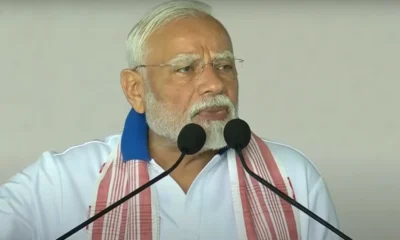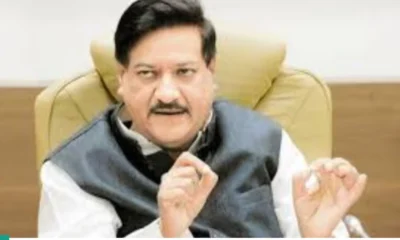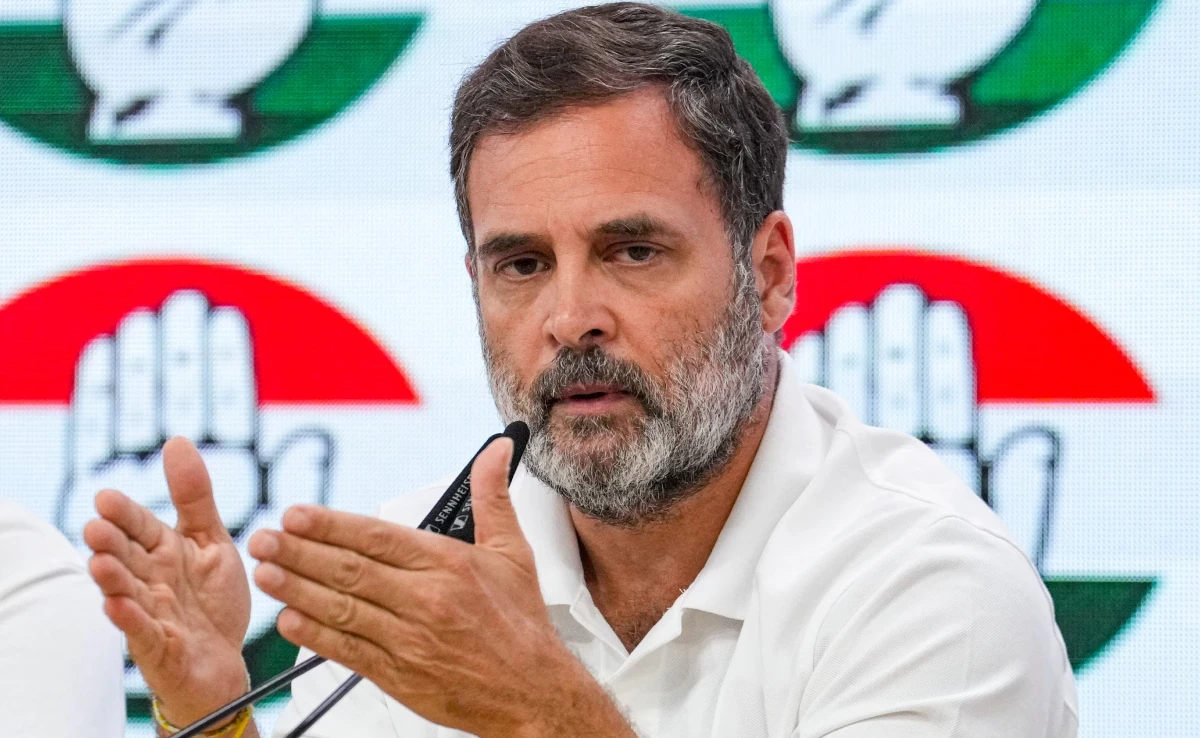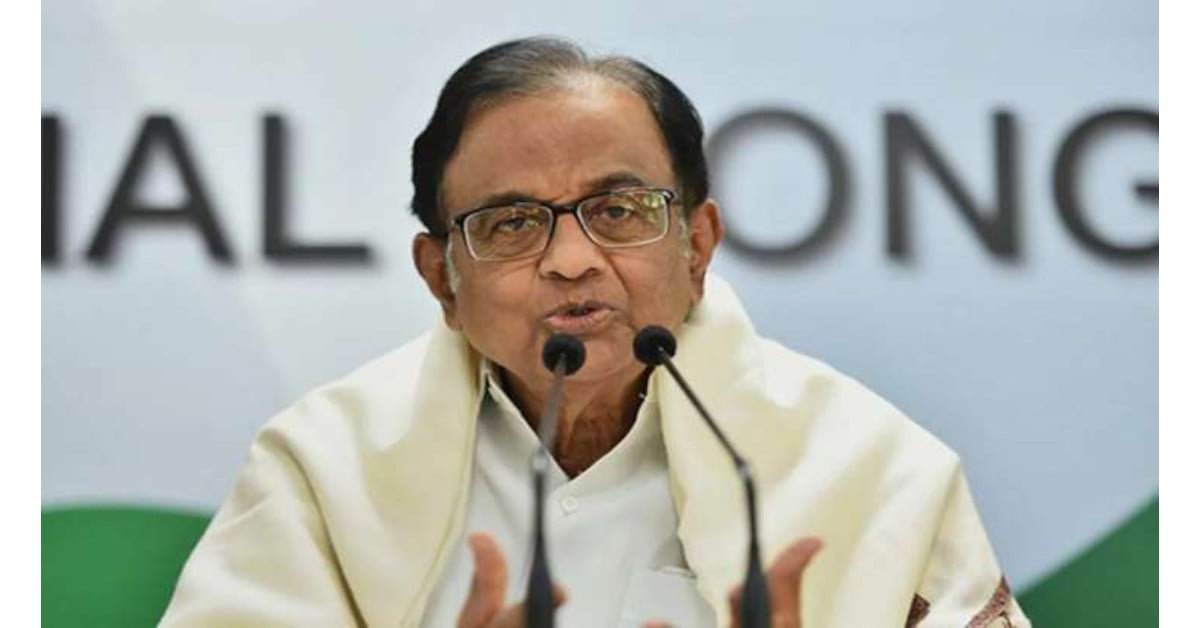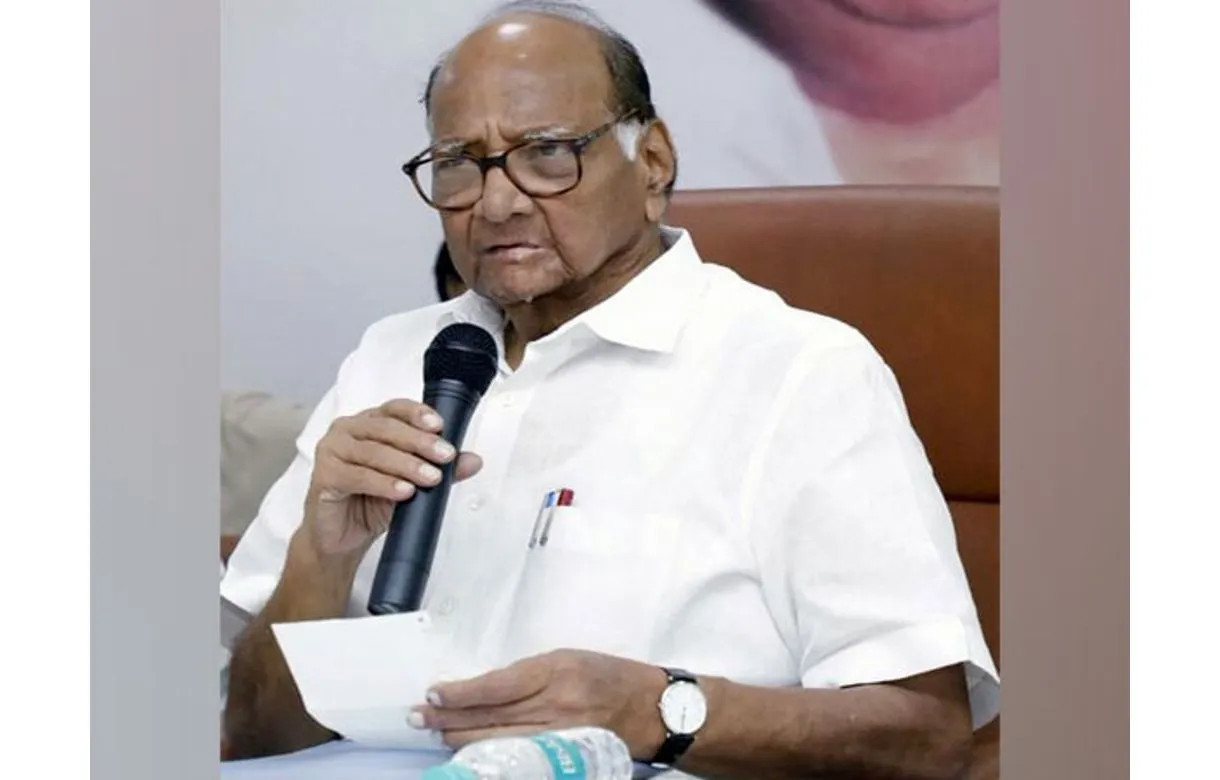PM Narendra Modi appeal to Opposition parties to support the Bill fails, BJP issues whip to party MPs to ensure Bill’s passage in both Houses of Parliament
Union minister for law and justice Ravi Shankar Prasad, on Thursday, introduced the Muslim Women (Protection of Rights on Marriage) Bill in the Lok Sabha, amid protests from All India Majlis-e-Ittehadul Muslimeen chief and Hyderabad MP Asaduddin Owaisi and reservations expressed by the Congress party, RJD, All India Muslim League and Biju Janata Dal.
The Bill, for whose passage Prime Minister Narendra Modi has sought support of all political parties, seeks to criminalise instant triple talaq – a practice declared as “arbitrary, unconstitutional and unislamic” by the Supreme Court in August this year – and proposes a three year jail term and fine for any Muslim husband who pronounces talaq-e-biddat against his wife.
Soon after the Supreme Court had declared instant triple talaq as illegal and, in a minority verdict urged for a legislative framework to ban the practice, Prime Minister Narendra Modi had constituted a group of ministers comprising Union ministers Rajnath Singh, Sushma Swaraj, Arun Jaitley and Ravi Shankar Prasad to draft a stringent law that would act as a deterrent against talaq-e-biddat.
The Bill, drafted by the committee without any consultation with Islamic organisations like the All India Muslim Personal Law Board (AIMPLB), parliamentarians who weren’t part of the group of ministers, social organisations who work with victims of instant triple talaq and other stakeholders, has evoked a mixed response from various sections of the Islamic community.
On Thursday, as Union law minister Ravi Shankar Prasad introduced the Bill in the Lok Sabha, Owaisi opposed it saying: “This bill violates fundamental rights and lacks legal coherence. It will be an injustice to Muslim women.”
Prasad retorted, asserting that the introduction of the Bill marked a “historic day” for India and its Muslim women and said that the draft legislation “is for women’s rights and justice and not regarding any prayer, ritual or religion.”
There are several aspects of the Bill and even the process adopted by the government for drafting it that the Opposition members and a section of the Islamic community are protesting against. However, its passage in the Lok Sabha is almost certain given the brute majority that the BJP enjoys in the House. The BJP has already issued a whip to all its MPs, ordering them to be present in Parliament on Thursday and Friday when the Bill is debated for consideration and passage. While getting the Bill passed by the Lok Sabha will be easy for the BJP, the Centre could face a stiff challenge in the Rajya Sabha where it lacks a majority.
Odisha chief minister Naveen Patnaik’s Biju Janata Dal, which Prasad had reportedly reached out to earlier to seek support for the Bill, has also opposed the draft legislation. Senior BJD MP Bhartruhari Mahtab told the Lok Sabha that his party does not support the Bill as “it is flawed” and has “many internal contradictions”.
The “internal contradictions” in the Bill that Mahtab talked about are many. For instance, while the Bill clearly declares in Section 3 that instant triple talaq – pronounced verball, in written or electronic form – shall be “void and illegal”, Section 5 and 6 of the draft Bill go on to propose a ‘subsistence allowance’ for a Muslim woman who is victim of talaq-e-biddat and declares that she is entitled to the custody of her minor children.
These sections of the draft law, when read together, raise a peculiar contradiction believe legal experts and also politicians who are opposing the Bill.
“The most glaring internal contradiction is found in Sections 5 and 6 which discuss post-divorce issues such as a “subsistence allowance” for the woman upon whom instant talaq “is pronounced” and the “custody of her minor children” as if her marriage is dissolved by the mere pronouncement of talaq-e-biddat. How could the authors of this Bill talk of post-divorce matters ignoring the fact that the pronouncement (instant talaq) has already been voided in Section 3 and cannot result in a divorce,” wonders A Faizur Rahman, secretary-general of the Chennai-based Islamic Forum for the Promotion of Moderate Thought, in an article for The Hindu.
Congress leader Salman Khurshid, who had assisted the Supreme Court as amicus curiae in the instant triple talaq case, has said that he feels that his party can’t support the Bill on two grounds. First, that the government “did not discuss the contents of the Bill with Opposition members before introducing it in Parliament” and second, due to the incoherent nature of the Bill itself. “If someone is lodged in prison as a punishment for saying triple talaq, who will take care of his family,” Khurshid said, alluding to the fact that the if, as per provisions of the Bill, a Muslim husband is jailed for pronouncing talaq-e-biddat then how would he pay the ‘subsistence allowance’ to his wife as guaranteed in the draft legislation.
Congress sources told India Legal that although the party is likely to eventually support the Bill in Parliament, knowing well that it cannot afford to let the BJP take all credit for criminalises a practice that has adversely affected lakhs of Muslim women across the country, it would also vociferously protest against the Bill’s provision that makes instant triple talaq a “cognisable and non-bailable offence”.
For the Congress, the draft Bill present a piquant situation. If the Grand Old Party, which has for decades been accused of appeasing the Muslims – a community that forms a significant votebank for the Congress – opposes the Bill, it stands to be accused by the BJP of betraying Muslim women. However, if it supports the draft legislation entirely, including the provisions that criminalise talaq-e-biddat, it stands to lose support among conservative Muslim men among the Sunni community who feel that the Bill impinges on a matter of Muslim Personal Law.
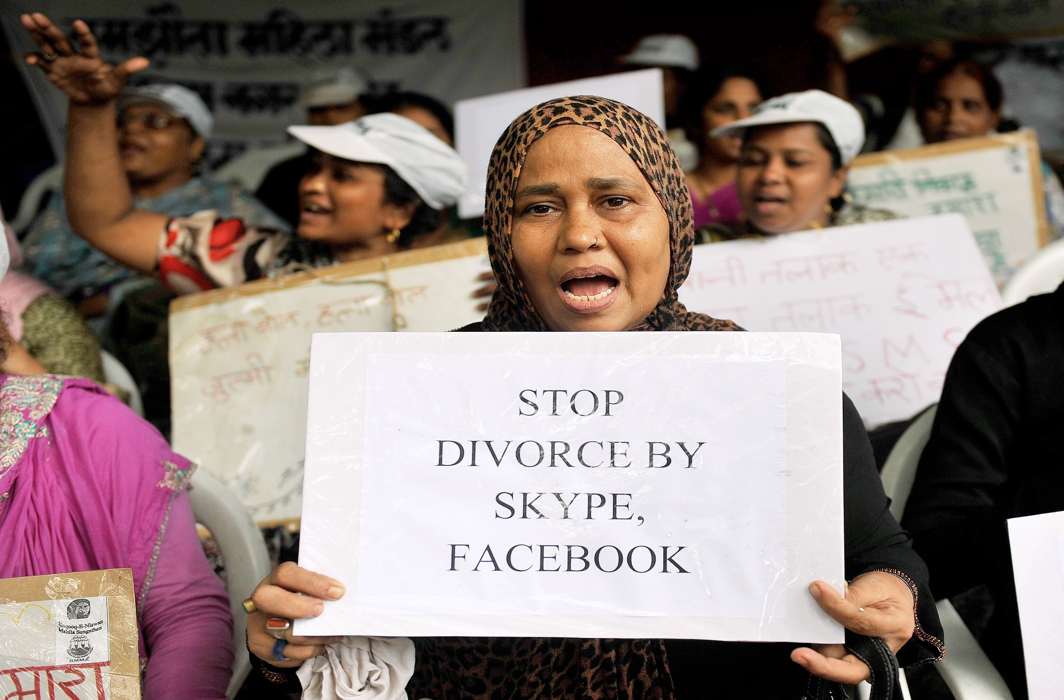

 Latest world news22 hours ago
Latest world news22 hours ago
 India News23 hours ago
India News23 hours ago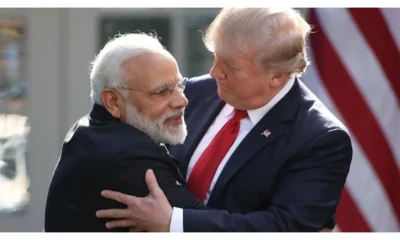
 Latest world news8 hours ago
Latest world news8 hours ago
 India News8 hours ago
India News8 hours ago
 India News7 hours ago
India News7 hours ago
 India News7 hours ago
India News7 hours ago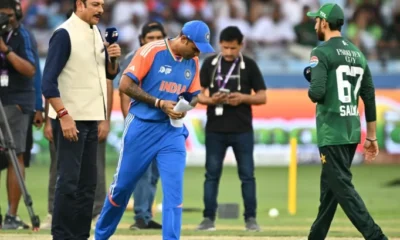
 LATEST SPORTS NEWS7 hours ago
LATEST SPORTS NEWS7 hours ago
 India News3 hours ago
India News3 hours ago




